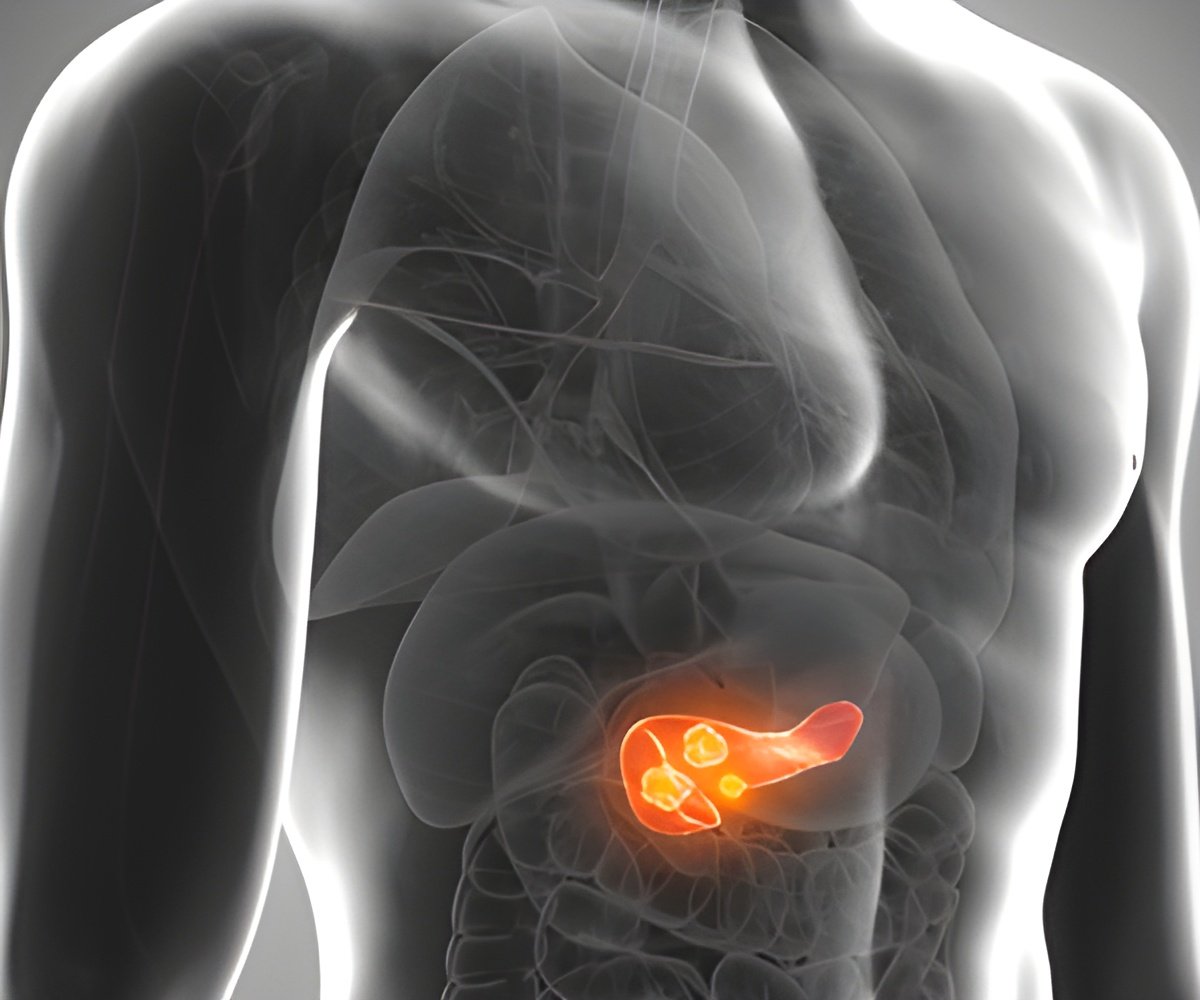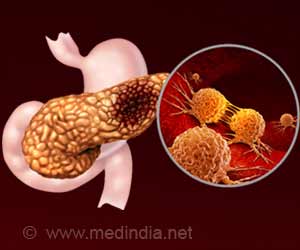Insight into how the human immune system is designed to attack foreign invaders like bacteria and can also recognize cancer cells as abnormal in the pancreas.

Recovery of Muscles Help To Fight Against Pancreatic Cancer
Biological systems that fight disease and repair tissue are intertwined. Either encouraging the recovery of muscles after exercise or amplifying immune attacks on pancreatic cancer cells.‘Exercise-induced increases in levels of the hormone adrenalin cause changes to the immune system that supports the treatment of pancreatic cancer.’





The current study found that exercise promotes the survival of CD8 T cells sensitive to IL-15, and doubles the number of them homing to pancreatic cancer cells in mice. Such effector T cells have been shown by other studies to be capable of killing cancer cells.Other tests found that aerobic exercise for 30 minutes five times a week reduced the rate of cancer formation by 50 percent in one mouse model of PDAC, and reduced tumor weight by 25 percent in another model, in which mice ran on treadmills for three weeks.
These findings showing how aerobic exercise affects the immune microenvironment within pancreatic cancers can reveal the activation of IL-15 signaling in pancreatic cancer, which might be an important treatment approach in the future.
Boosting Therapeutic Response
In the last several years, as the role of the IL-15 signaling in tumors became clear, other researchers attempted to treat cancer by direct infusion of this protein, which unfortunately increased the risk of systemic inflammatory damage.Subsequently, the field designed treatments based on the fact that signaling proteins such as IL-15 fit into receptors proteins (IL-15Rα), like a key into a lock, on the surface of target T or NK cells. New drug candidates mimic these “lock and key” interactions, which transmit a message to activate the target cell. This approach has not yet been tested in large numbers of pancreatic cancer patients.
The current study showed that either aerobic exercise or treatment with NIZ985 increased the effectiveness of chemotherapy and an existing treatment that blocks the effect of a protein called protein death receptor 1 (PD-1) in mice.
Advertisement
“Our work demonstrates that exercise, and related IL-15 signals, can prime treatment-resistant, pancreatic tumors for improved responses to immune-based therapeutics,” says study senior author Dafna Bar-Sagi, PhD, senior vice president, vice dean for science, and chief scientific officer at NYU Langone Health.
Advertisement
As a result of the current work, the study team is collaborating to launch a clinical trial assessing the immune effects of exercise in pancreatic cancer patients. In addition, the team plans to continue exploring the potential efficacy of IL-15 super-agonists in combination with chemotherapy to combat pancreatic tumors.
Source-Medindia















